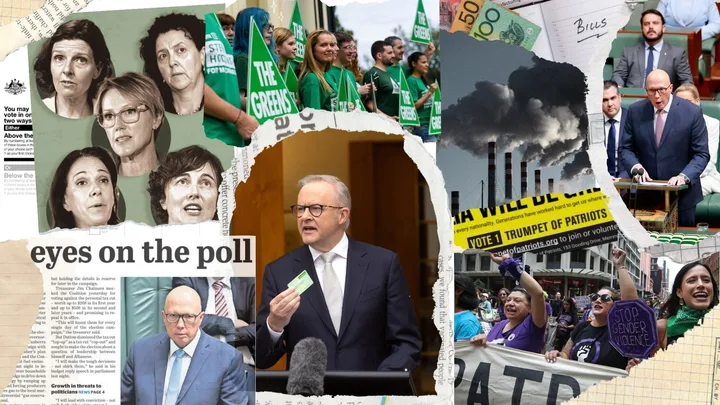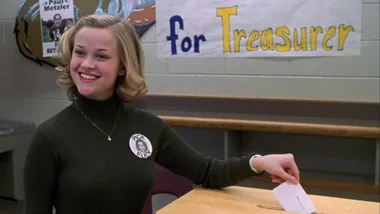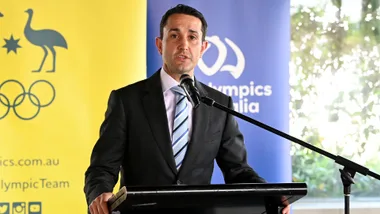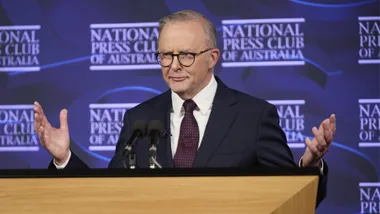Gen Z and Millennials will outnumber Boomers for the first time at the 2025 federal election – and they’re not here to play by the old rules.
Forget rusted-on party loyalty or “lesser evil” voting. This is a generation raised on climate strikes, housing crises, and internet-fuelled political awakening – and they’re using their numbers to reshape the system. Together, Gen Z and Millennials now form the largest voting bloc in Australia, and with May 3 looming, their issue-based, independent-first voting patterns are forcing a reckoning in Canberra.
Whether it’s ditching party allegiance in favour of climate action, calling out spin on TikTok, or wielding the preferential system like a protest tool, young Australians are proving they’re politically engaged – just not in the way previous generations were. The two-party monopoly? It’s cracking. And Gen Z and Millennial voters are the ones swinging the hammer.
Politically Homeless, Not Apathetic
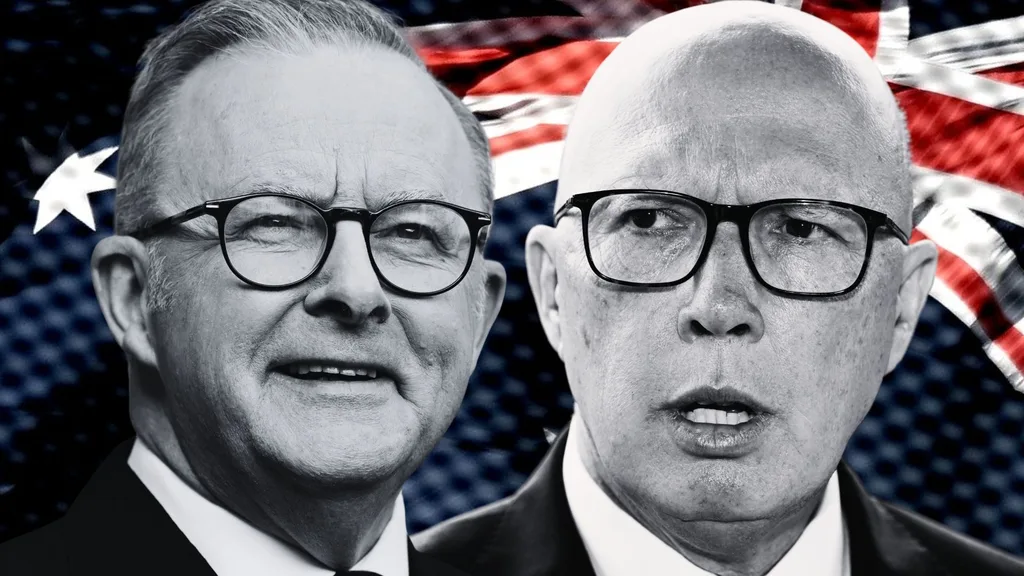
Gen Z and Millennials have largely lost faith in the old two-party dance, but it’s not out of apathy. It’s out of anger and disappointment. In fact, only 21% of young Australians in a recent survey said they voted last time because they believed it would make a difference and nearly half said they mostly voted just to avoid a fine. That stark data speaks volumes.
Many of us came of age during what journalist Crystal Andrews calls the “Nemesis years” of Australian politics – the Abbott/Turnbull/Morrison era – where we saw power plays and performative politics trump real progress. It’s not that young Aussies think politics doesn’t matter; it’s that we’ve rarely seen it work for us.
“It’s not an erosion of trust; it’s that none was built to begin with,” Andrews shares of her Millennial generation’s view of Canberra. Older Australians at least remember leaders who fought for big reforms; for those of us under 40, “the bad patch is all we’ve been able to participate in”. No wonder so many young voters feel jaded.
Yet talk to any younger voters – Gen Z or Millennials – this federal election and you’ll find we’re deeply passionate about issues. We’re volunteering, marching in climate strikes, starting petitions, and blowing up group chats about the latest political drama. We’re politically engaged – just not in the traditional way.
A New Kind Of Engagement
Unlike our parents, we aren’t getting our political education from 6 pm news or party pamphlets in the mail. Scroll through TikTok or Instagram and you’ll see Aussie young people dissecting federal budgets, fact-checking politicians, and yes, making memes out of them. This digital native approach means we’re arguably more informed than any youth cohort before us. But it also means we can spot BS and “spin” a mile away.
That said, most of us know change won’t happen just by posting an Instagram story or dunking on a politician in the comments. As Crystal Andrews observes, “no viral post will ever beat real-life conversations when it comes to changing minds. There is no post you could share that will be more effective at changing hearts and minds than being an active member of your community, having real conversations with people of different political beliefs,” she notes.
The online content created by outlets like Andrews’ Zee Feed, Phoebe Saintilan’s Missing Perspectives or Demi Lynch’s Kaleidoscope News isn’t about swaying your vote with clickbait, it’s about equipping young Australians with context and facts, so when we do argue politics over dinner or on the group chat, we’re armed with substance, not just slogans. As Andrews puts it, the goal is not to win an online argument, but to empower more of us to spark offline ones that influence friends, family, and coworkers in the long run.
Lynch, the founder of Kaleidoscope News, often highlights how disengagement itself is a sign of privilege. “If you’re a marginalised young person – a renter, a uni student, a single mum, a queer teen – you feel politics in your everyday life. Opting out isn’t an option if the status quo is hurting you.” In other words, many young Aussies are intensely engaged despite their disillusionment. We share explainer posts about the broken rental market, we swap podcast recommendations on the Indigenous Voice or integrity commissions, and we rally each other to enrol to vote (or risk that dreaded fine!). It’s a savvy, self-educated generation. But we also know voting still matters – we just refuse to be loyal to parties that haven’t earned it.
From “Youthquake” To Game-Changers
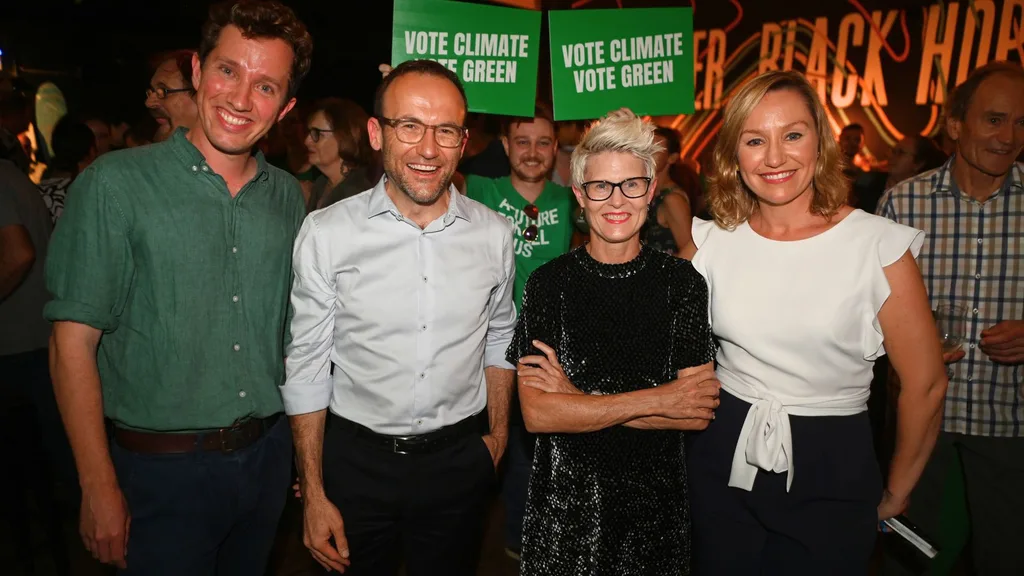
In the 2022 federal election, our cohort’s rejection of “business-as-usual” politics was impossible to ignore. Nationally, fewer than one in four Millennial and Gen Z voters chose the Coalition – the lowest youth support for a major party ever recorded – and the Labor vote among under-30s also dropped as thousands turned to independents and minor parties. This generational shift delivered what analysts dubbed a “youthquake” at the polls, booting a nine-year Coalition government out and sending a clear message that young Australians won’t be taken for granted.
That’s a sea change in Australian politics. It’s already forcing both major parties to rethink how they campaign, what policies they offer, and even who they preselect.
Perhaps the most powerful move Gen Z and Millennials are making in the lead up to the federal election, is wielding Australia’s preferential voting system to its full advantage. We’ve figured out that we’re not stuck with a binary choice between two big parties. However, as Lizzie Hedding from the youth-led initiative Build A Ballot reminds us “The major parties become a default when people aren’t paying attention, if you’re not super engaged you tend to subscribe to the idea that they’ve been running the country for a while so they must know what they are doing.“
Hedding also noticed a lot of “political hobbyism” among young Aussies – we consume heaps of news and know what’s wrong, but many feel unsure how to act on that knowledge. Build A Ballot was designed to bridge that gap. It lets voters plug in what issues matter most to them and see which candidates in their area align, producing a personalised how-to-vote guide based on your values.
Gen Z & Millennials Are Coming For The Federal Election
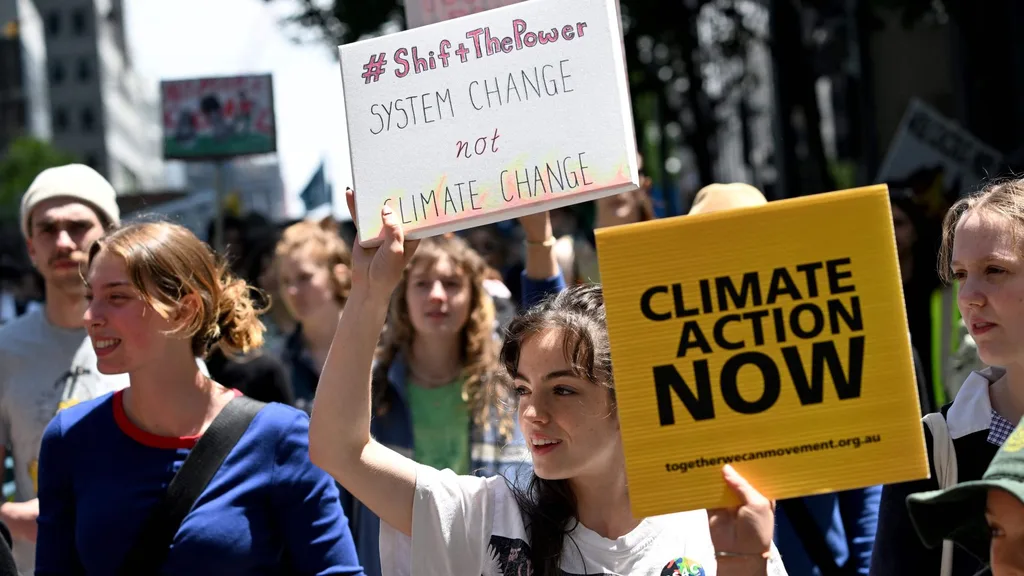
The two-party system is not written in stone – it’s held in place by tradition and complacency, and we’re actively dismantling both. By voting with our eyes open and our values front and centre, by refusing to settle for “lesser evils,” Gen Z and Millennial Australians are building new pathways to engagement. We’re injecting accountability and fresh ideas into a stale system. We’re showing that loyalty must be earned, not assumed. In the process, we just might compel the major parties to up their game – or pave the way for a new political landscape altogether.
Either way, we’re not sitting quietly on the sidelines anymore. Politicians can either catch up to the change we’re demanding or watch us take our votes (and our futures) elsewhere.
The message from Young Australia is loud and clear: do better, or we’ll find someone who will. And that, more than anything, is why this generation is one to be reckoned with at the 2025 election and beyond.
Related articles:
- Everything You Need To Know About The Upcoming Federal Election
- A Guide To Australia’s Preferential Voting System
- I Survived The Mental Health System, The Budget Won’t Save the Next Me
